In an interview with EL TIEMPO, Deputy Minister for Multilateral Affairs Mauricio Jaramillo Jassir defended the call for the Fourth Summit between the European Union (EU) and the Community of Latin American and Caribbean States (CELAC), to be held on November 9 and 10 in Santa Marta.
The President of the European Commission, Ursula von der Leyen; the German Chancellor, Friedrich Merz; and the French President, Emmanuel Macron, will not be attending the event.
What is the attendance balance for the event following the cancellations by European leaders in recent hours?
Negotiations on the declaration in Santa Marta. Foto:Cancillería
There are two cancellations that we deeply regret. One is that of Ursula von der Leyen, which comes as a surprise to us, but we understand that, for scheduling reasons, these leaders have a complicated end of the year and traveling to Latin America is not easy. It has also been confirmed that German Chancellor Merz will not be able to attend. The focus has been on the absences, but the most important thing is who is coming. Spanish Prime Minister Pedro Sánchez will be attending, confirming Spain's leadership as one of Europe's gateways to Latin America. The Portuguese Prime Minister is coming; the Netherlands is coming at the highest level; a very important Caribbean leader, Mia Mottley, Prime Minister of Barbados, is coming; President Yamandú Orsi is coming—this is very important because next year we will hand over the presidency of CELAC to Uruguay, with whom we are co-chairing this exercise. President Lula da Silva of Brazil is coming. So we have an interesting presence of European, Latin American, and Caribbean leaders, something that I don't think has ever happened in Colombia before, and I believe we continue to make history in multilateralism.
What happened to Boric, Sheinbaum, and Macron?
French President Emmanuel Macron. Foto:Getty Images via AFP
Macron is confirmed for COP 30 in Brazil. It is very difficult for him to leave France for so long, and it is normal that the French president cannot make the trip to Santa Marta. In the case of Gabriel Boric, Chile is entering an election period: it will hold elections on November 15 or 16. Honduras also has an electoral process. In other words, Chile and Honduras are countries whose presidents cannot come because they are in the midst of electoral processes. It is not a question of them being allies or friends of Petro, because this is a matter of circumstance; it is not just a question of political affinities. And in the case of Claudia Sheinbaum, the tradition of Mexican presidents since AMLO is not to travel much. I think it is important to emphasize that this is not a snub to Colombia or that the country is isolated. These are issues of circumstance or tradition, which in no way overshadow the successful outcome of the summit.
Does the summit maintain the strength it wants to project?
It depends a lot on what we mean by strength. There are three things we want to achieve with this summit: first, to reaffirm that Latin America, the Caribbean, and Europe are allies, partners, and friends, and that it is important for us to meet, for Europeans to come to Latin America and renew—I insist—those vows of friendship. Secondly, hopefully we can have a declaration—the Santa Marta Declaration—with concrete actions, a roadmap. And thirdly—and this is important—we believe in multilateralism, we believe in integration, and we believe in political dialogue. CELAC is consolidating itself as the channel for extra-regional projection for Latin America and the Caribbean. In other words, CELAC will be the natural setting for discussions with Europe, India, Turkey, China, the countries of the Gulf Cooperation Council, and the African Union. In March of next year, in the city of Cali, we will have the first edition of the summit between CELAC and the African Union. Never before have African leaders and Latin American and Caribbean leaders met.
Do you feel that what is happening between Colombia and the United States is influencing this summit, leading some leaders to take precautions? President Petro pointed out that the US had exerted pressure on them not to attend...
Colombian President Gustavo Petro and US President Donald Trump. Foto:EL TIEMPO Archive / AFP and EFE Agencies
I put the president's words into context—although you would have to ask him—but I give you my perspective with some context. Colombia has been the target of brutal, rhetorical aggression, with accusations against our president. The president has been accused without any evidence, without any basis, without any justification. He—his figure—has been sanctioned, and I think it is no secret that this has a lot to do with retaliation for the position he has taken in favor of decarbonization, the condemnation of the genocide in Gaza, and the human rights violations that we presume may be being committed by military operations in the Caribbean. So, what the president means is that, unfortunately, there is an adverse environment against Colombia. There is a tense atmosphere. Colombia is being attacked unjustifiably, and that may be happening in the context of this summit. But I personally would not establish a link between this summit and the United States. This is a summit between CELAC and the European Union, and I believe that the United States has nothing to do with it. These are two separate issues, but we cannot ignore the fact that there is indeed a very hostile atmosphere against Colombia in retaliation for its position as a country of the Global South.
In other words, the Foreign Ministry is not aware that some guests have chosen to distance themselves from the Colombian president?
Mauricio Jaramillo, viceministro Foto:El Tiempo
No, that is a deduction made by a sector of the press, and it is respectable. We have seen some media outlets—I am not talking about El Tiempo—that have reported in very bad faith on what is happening with the summit. In other words, there are media outlets that, without any verification, have not corroborated the information. They are saying things about the cancellation of Ursula von der Leyen or Chancellor Merz. That is part of the speculation. There is no proven relationship between what is happening with the United States and this summit. I insist: what we have are scheduling problems, normal problems, which do not call into question Colombia's current leadership in Latin America and President Petro's leadership in Europe as president of CELAC.
How is the drafting of the Santa Marta declaration going?
We are making good progress, sending and receiving versions from our European counterparts. This will result in a declaration on issues related to security, migration, human rights, and international cooperation.
JUAN PABLO PENAGOS RAMÍREZ
Redacción política
.png) hace 2 meses
24
hace 2 meses
24
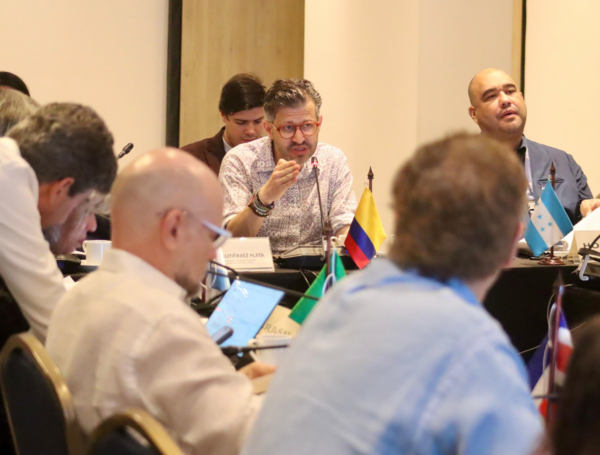
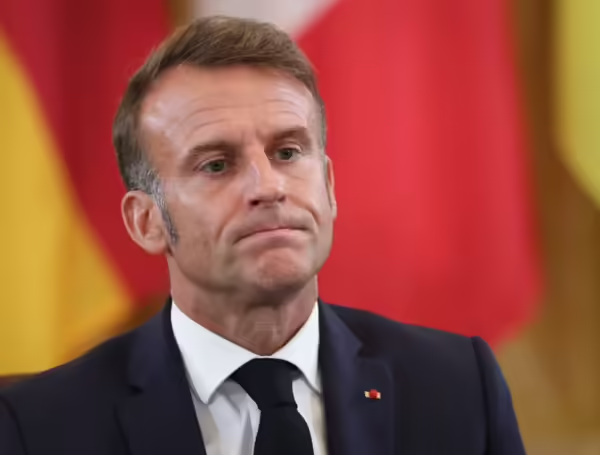
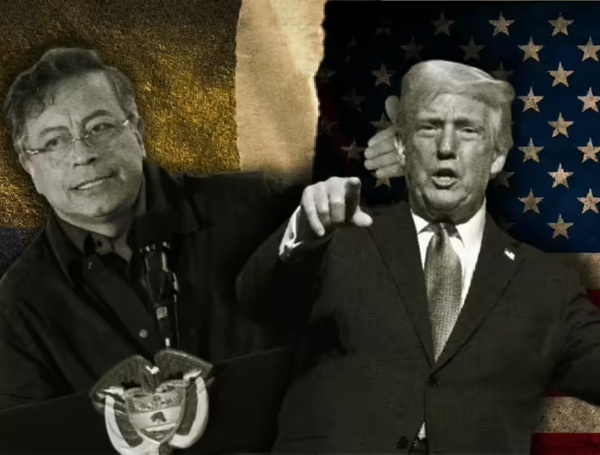
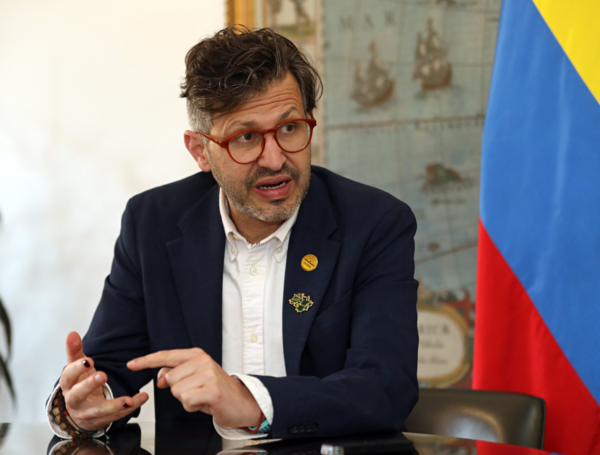
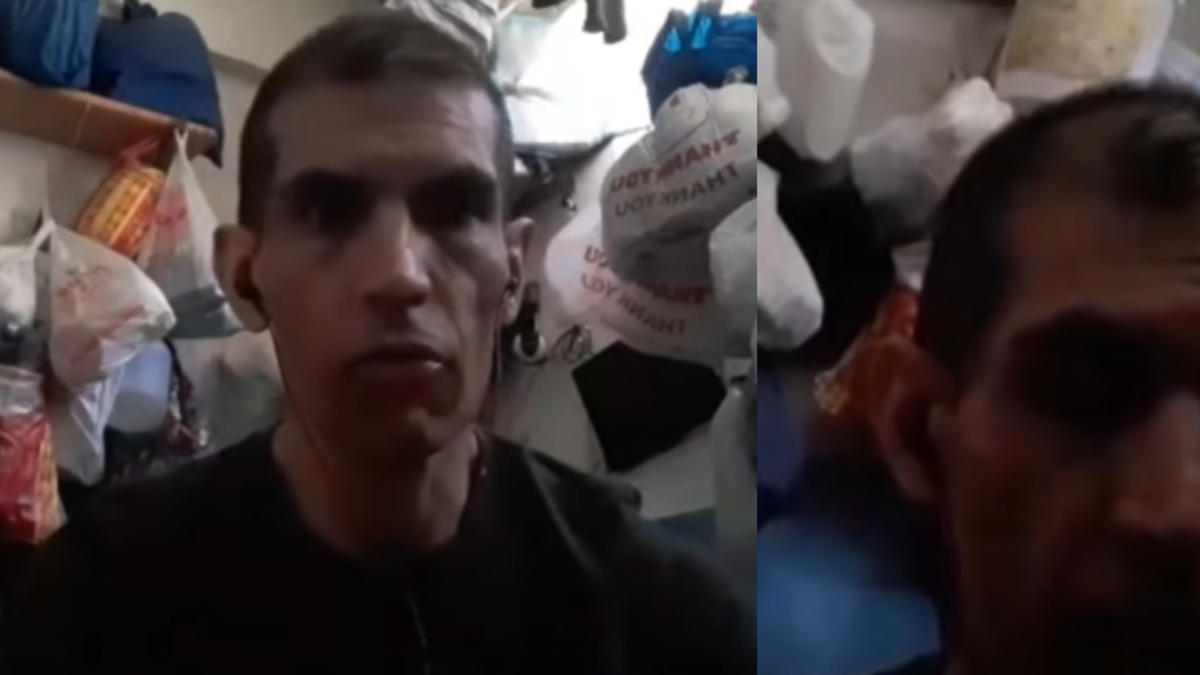
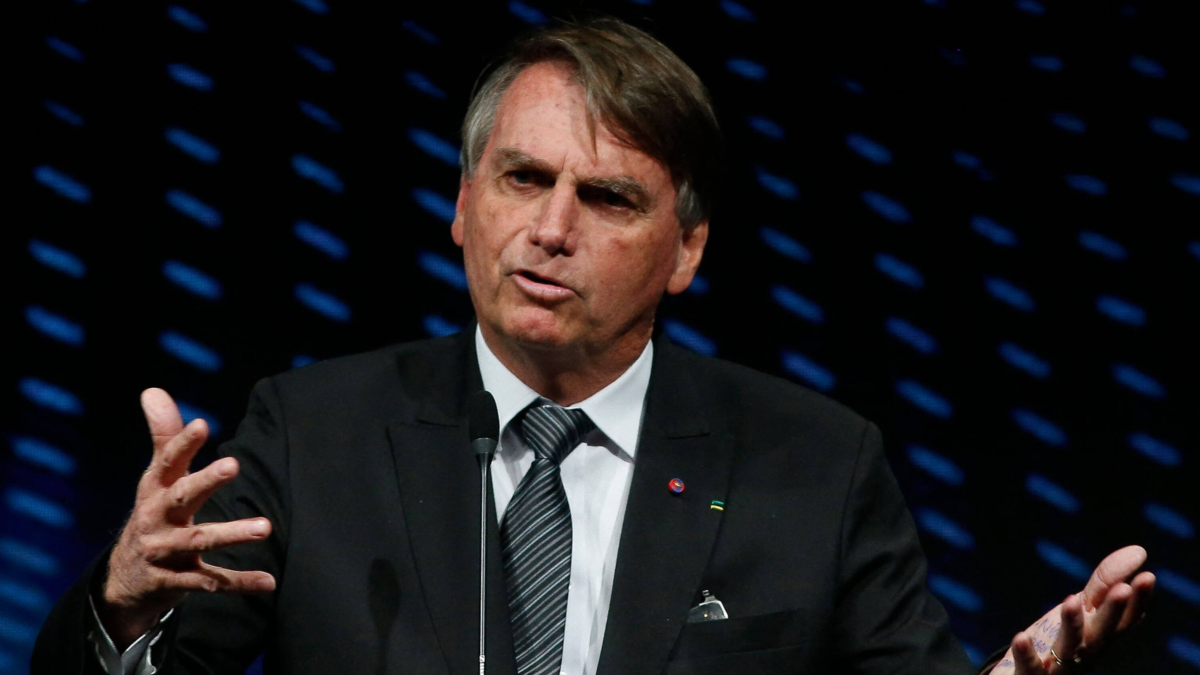



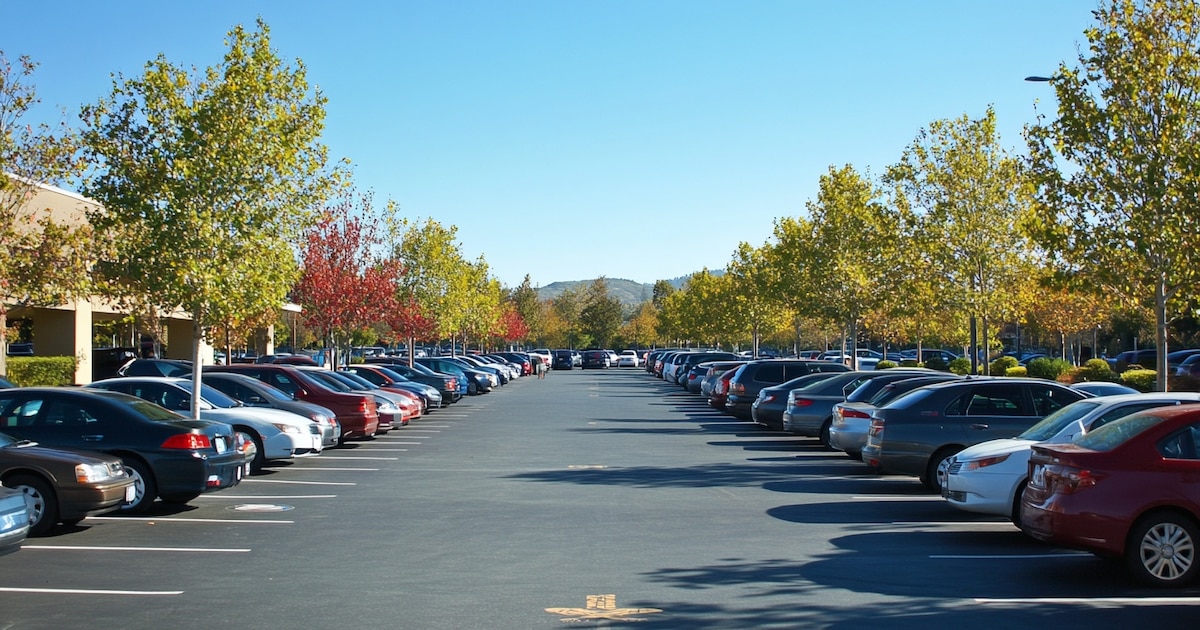


 English (US) ·
English (US) ·  Spanish (ES) ·
Spanish (ES) ·